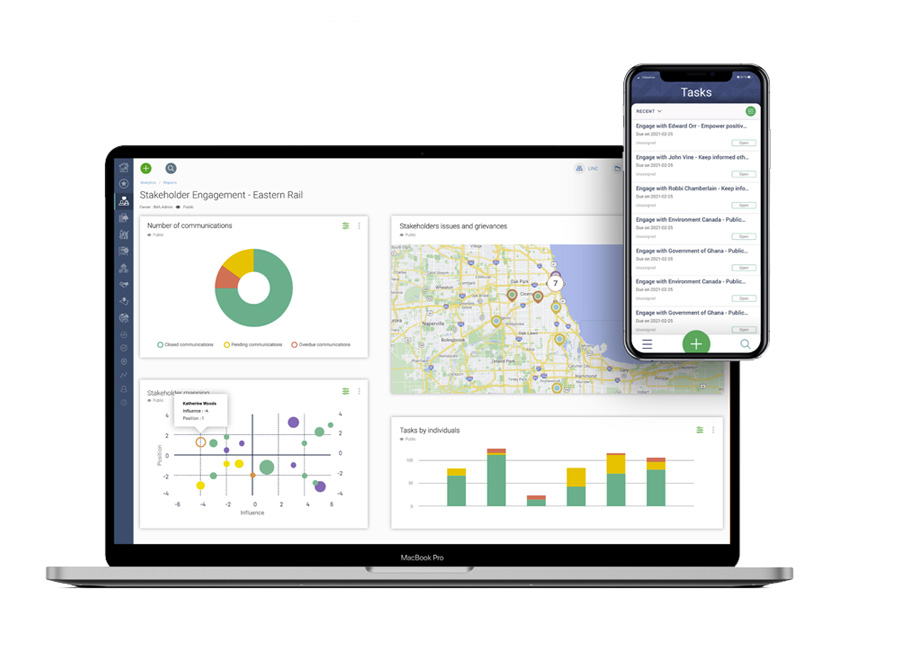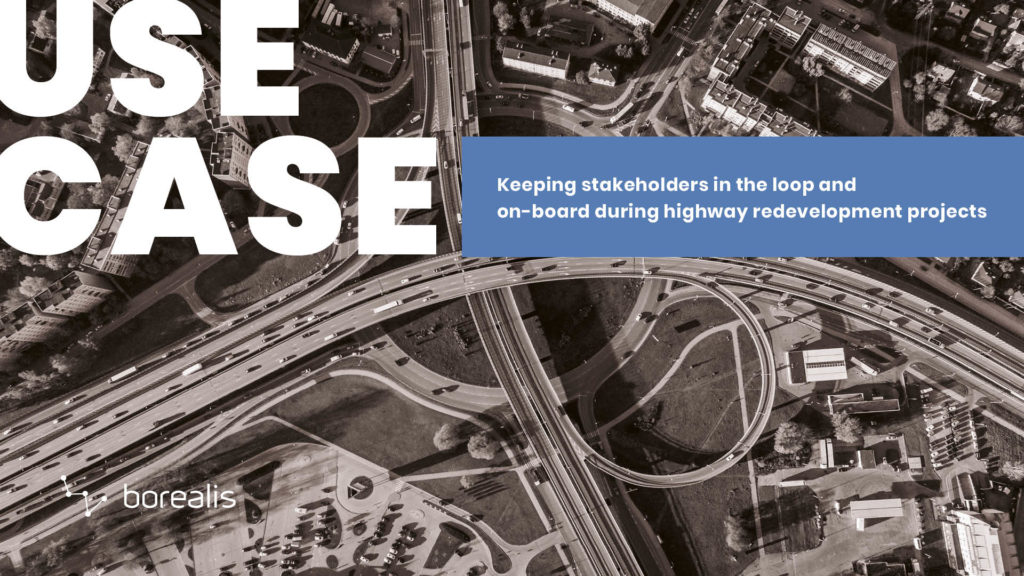Today’s business world can be defined as a web of connections and relationships. In such a context, mastering stakeholder management stands as a paramount soft skill to develop throughout your professional journeys. Neglecting developing these skills can lead to dangerous blind spots, incorrect assumptions, and missed opportunities. The art of stakeholder management stands as a cornerstone of successful collaboration and project delivery. As we delve into the intricacies of stakeholder management skills, it’s crucial to understand that these competencies are not just beneficial but essential for anyone stepping into the realm of stakeholder engagement, especially those at the outset of their career. Stakeholder management, at its core, is the ability to effectively communicate, negotiate, and engage with a diverse array of individuals and groups who have a stake in your project or business outcomes.
What are Stakeholder Management Skills?
Stakeholder management skills are vital in harmonizing the diverse expectations and objectives of community members, legislators, government officials, project developers, and customers. For instance, a project manager in the renewable energy sector is leading the installation of a new wind farm. This complex project requires coordination among local government officials, environmental agencies, the construction team, and the community. By employing stakeholder management skills, the project manager effectively communicates the environmental and economic benefits to the government and community, securing their support. Simultaneously, they navigate regulations with environmental agencies to ensure compliance. Through strategic planning and regular updates, the project manager aligns the construction team’s efforts with all stakeholder expectations, ensuring the project’s timely and successful completion, and demonstrating the pivotal role of stakeholder management in renewable energy projects.
Key Stakeholder Management Skills
Exploring the essential skills necessary for effective stakeholder management reveals a multifaceted toolkit designed to address the complex nature of business relationships today. Below, we delve into a detailed exploration of key skills critical for effective stakeholder management. These skills include communication, relationship management, conflict resolution, strategic thinking, problem-solving, negotiation, risk management, agile methodologies, stakeholder analysis, and influence. Each of these skills plays a vital role in successfully managing and engaging with stakeholders, ensuring projects are delivered successfully and relationships are built on a foundation of trust and mutual understanding.
Here’s a closer look at these indispensable skills:
Communication and relationship management

Conflict resolution and negotiation

Strategic thinking and problem-solving

Employing agile methodology and effective risk management

For example, conducting regular sprint reviews allows for rapid adjustments based on stakeholder feedback and changing requirements, ensuring alignment with both project goals and stakeholder expectations. Coupled with robust risk management strategies, such as maintaining a collaboratively updated risk management register, this approach not only preemptively identifies potential pitfalls but also ensures swift mitigation, safeguarding stakeholder interests and project integrity. Additionally, employing retrospectives at the end of each project phase to identify lessons learned fosters a proactive environment where continuous improvement is the norm, seamlessly aligning project trajectories with stakeholder expectations and driving successful outcomes.
Openness to using new technologies

For example, Borealis offers a comprehensive solution designed to elevate stakeholder engagement practices. By centralizing stakeholder data, it ensures information is readily accessible, enhancing team collaboration and efficiency. Its adaptability allows for the integration of additional modules, catering to diverse corporate social responsibility areas. This software streamlines processes minimizes manual tasks, and facilitates professional reporting, significantly improving stakeholder relationship management. Borealis not only aids in regulatory compliance and litigation management but also fosters stronger stakeholder relationships, safeguarding your organisation’s reputation. Ideal for businesses managing extensive stakeholder networks, it provides a structured platform for operational excellence and strategic stakeholder engagement.
Improving stakeholder management skills
Enhancing your stakeholder management skills is a journey of continuous learning and practice. Below are 10 short tips that will help you navigate this important journey.
- Enroll in professional development courses: Seek out courses and certifications specifically focused on stakeholder management and communication skills to broaden your understanding and techniques.
- Shadow experienced relationship managers: Spend time with seasoned managers to observe and learn from their approaches to stakeholder engagement and problem-solving in real-world scenarios.
- Seek constructive : Regularly ask for feedback from stakeholders and team members on your management style and communication effectiveness, using this input to refine your approach.
- Engage in active listening: Practice active listening during interactions with stakeholders to truly understand their concerns, expectations, and feedback, which is crucial for building trust and rapport.
- Participate in networking events: Attend industry conferences and workshops to meet other professionals and learn from their experiences and strategies in stakeholder management.
- Leverage mentorship opportunities: Find a mentor who excels in stakeholder management to provide guidance, advice, and insight on navigating complex stakeholder landscapes.
- Read widely: Expand your knowledge by reading books, articles, and case studies on stakeholder management, communication strategies, and conflict resolution.
- Practice empathy: Develop your ability to empathize with stakeholders by trying to see situations from their perspectives, which can improve relationship management and conflict resolution.
- Enhance your negotiation skills: Take part in negotiation workshops or simulations to hone your ability to reach mutually beneficial agreements with stakeholders.
- Stay informed on industry trends: Keep abreast of new technologies, methodologies, and trends in your industry that can impact stakeholder expectations and project management practices, allowing you to adapt your strategies accordingly.

Improve your stakeholder engagement practice
Check our webinars to constantly stay on top of trends and new unfolding in the stakeholder management space.
Continuous learning and adaptation in stakeholder management are essential for keeping pace with evolving project demands, stakeholder expectations, and industry trends. Embracing these principles ensures that strategies remain effective, relationships are strengthened, and projects are led to success in a dynamic business environment.
The mastery of stakeholder management skills is not just a professional asset but a necessity in today’s complex and interconnected business landscape. By prioritizing the development of these skills—through continuous learning, adaptation, and the application of strategic practices—professionals can unlock enhanced career opportunities and drive project success. Embracing the multifaceted nature of stakeholder engagement, from effective communication and relationship building to strategic negotiation and conflict resolution sets the foundation for achieving not only project objectives but also long-term organisational goals. Let the journey towards refining these skills be a continuous one, for in the art of stakeholder management, growth, and adaptability are key to navigating the future.





